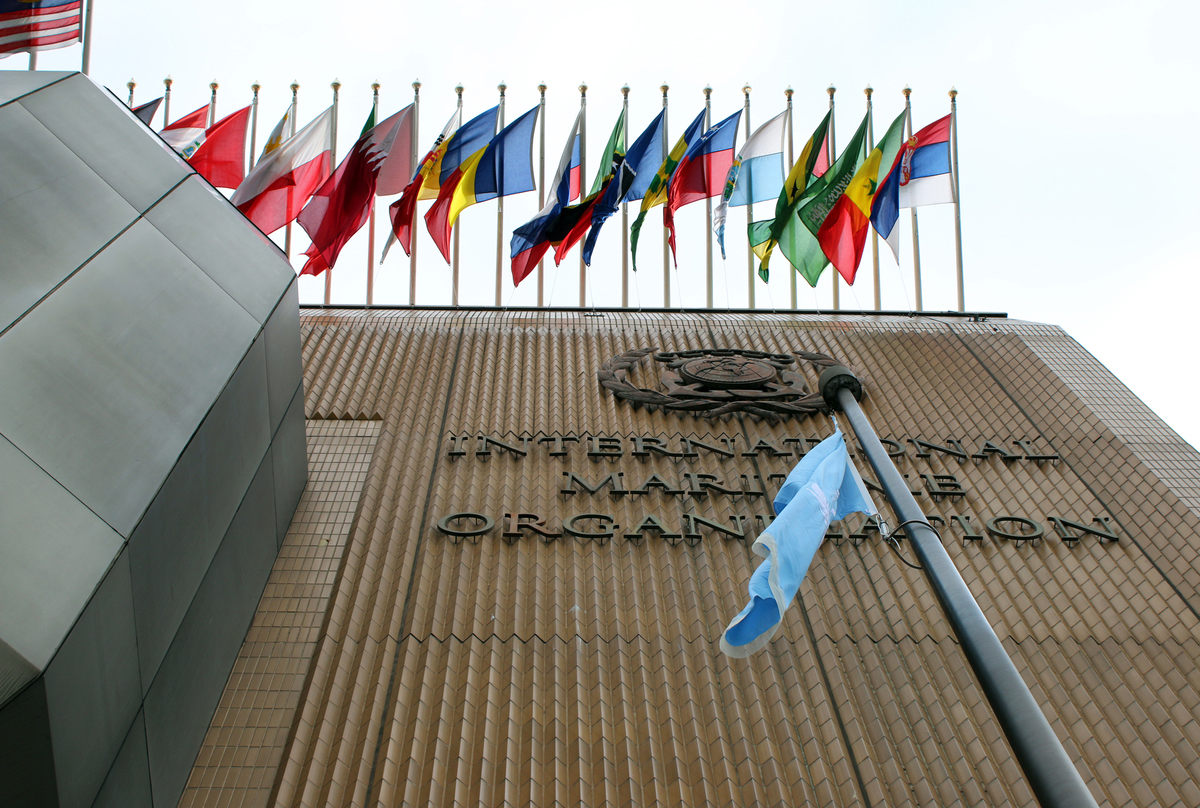Countdown to MEPC 81: Make wind power count, countries tell IMO
The International Maritime Organisation (IMO) has been urged to not only focus on alternative fuels but to adopt holistic approach to energy use by ships when it debates emissions next month.
 PHOTO: IMO headquarters in London. Getty Images
PHOTO: IMO headquarters in London. Getty Images
The IMO set new strategy for greenhouse gas (GHG) reductions at its MEPC 80 meeting last year. It adopted a target for shipping to reach net-zero emissions by or around 2050 and set interim checkpoints for 2030 and 2040.
The mid-term economic and technical measures to reach those targets have yet to be decided by the IMO. These measures are what will matter for how shipping companies and energy suppliers position themselves and act over the coming decades.
But the IMO's current regulatory model is flawed because it does not fully consider the benefits of wind-assist technologies and primary wind ships, according to France, Comoros, the Solomon Islands and wind advocate non-profit International Windship Association (IWSA).
In a submission to the IMO, they argue that it's important to take a more comprehensive approach that includes wind power installations in emission calculations, like the EU's impending FuelEU Maritime regulation has done.
This comes ahead of IMO’s 81st Marine Environment Protection Committee (MEPC 81) meeting next month.
MEPC 81 will focus on finalising mid-term measures to achieve those decarbonisation plans. IWSA and the three countries hope to contribute more details and analysis to push for wind propulsion technology to be included in the IMO’s models and regulations.
Wind power systems effectively add wind propulsion to a ship. As wind is a natural phenomenon, investing in wind propulsion overlays can effectively help a ship to make its voyage while burning lesser fuel and generating fewer emissions, they argue.
However, installing such systems has faced multiple challenges. Financial, operational and technological barriers can inhibit their uptake. More operational test have moved the technology in the right direction, but more work needs to be done to break down the financial barrier in particular, the submission authors argue.
With significant investments set to be made in wind propulsion over the coming years, IWSA and the three countries look to establish a baseline to measure the progress of those investments against.
They point out that the white paper they submitted is not a formal recommendation to the IMO, but rather presents discussion points at this stage.
By Debarati Bhattacharjee
Please get in touch with comments or additional info to news@engine.online





